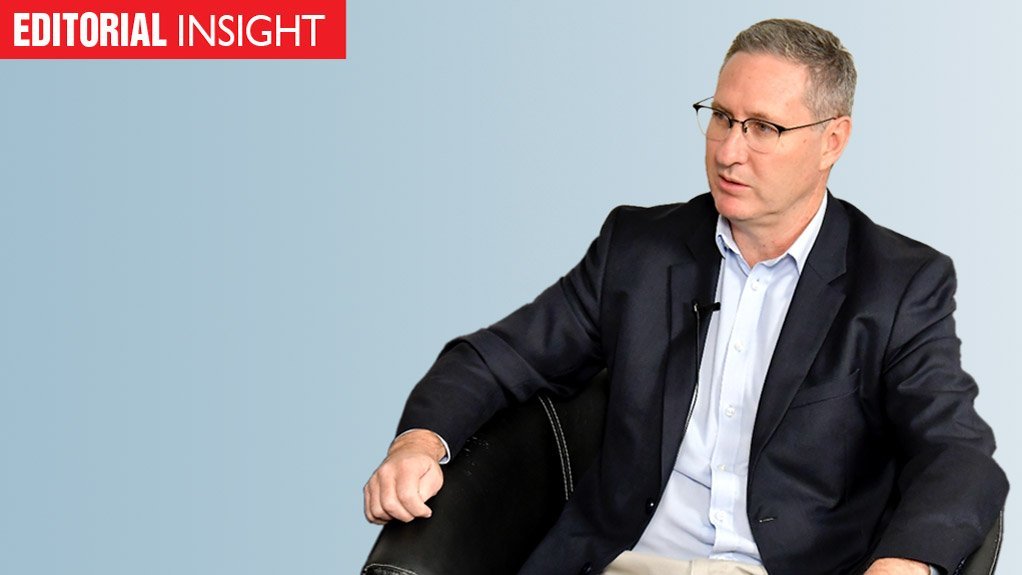Growth levers
It was far from certain only weeks ago how a government of national unity (GNU) of ten political parties, some with strongly divergent ideological positions, was going to agree on a common programme of action.
In the event, that programme arguably found the GNU rather than the other way around.
This is because unless South Africa begins growing well ahead of population growth and at a pace commensurate with its need to create jobs at scale, particularly for young people, the risk of destabilisation will be ever present. To be sure, recent events in both Kenya and Bangladesh cannot be ignored in South Africa, whose FeesMustFall protests of 2015 and 2016 were relatively peaceful by comparison.
In his opening of Parliament address, President Cyril Ramaphosa outlined this common agenda by declaring that inclusive economic growth and job creation had been placed at “the top of the national agenda”, alongside the priorities of reducing poverty and building a capable State.
He also added some flesh to the bare bones of what this growth agenda would look like, including what would be prioritised under the next phase of Operation Vulindlela, over and above moves to consolidate reforms already under way in electricity, freight logistics, water, digital infrastructure and visa administration.
Arguably the most important new reform priority relates to local government and helping municipalities improve service delivery.
There is little question that many municipalities, including some large metros, have emerged as binding constraints to growth and development. Growing service delivery backlogs pose a serious impediment to new investment and enterprise development, while increasing frustration levels among residents.
Besides the political instability associated with fragile coalitions, the pillars on which local governments rest are being shaved away by a combination of collapsing revenue models, poor collection rates and a skills dearth that is not only hobbling effective delivery but providing fertile ground for malfeasance.
In many ways, some of the country’s metros, which are meant to be the GNU’s growth engines, are arguably where Eskom and Transnet were before high-level interventions were made during the first phase of Operation Vulindlela to tackle their financial and operational collapse.
In other words, South Africans should probably prepare for things to get worse in certain cities before they improve. And they are only likely to improve if they receive the intensive focus and care that has been given by both government and business to the country’s two largest State-owned companies.
Also high on the growth agenda is infrastructure development, with Ramaphosa declaring the GNU’s intention “to turn our country into a construction site”. Such investment, which is likely to hinge largely on public-private partnerships, could be a key growth lever, and help to stimulate investment in some of the other growth drivers, from agriculture to green industrialisation.
But given the GNU’s reliance on non-fiscal resources, clear guardrails will be needed to ensure that ineffective public monopolies are not replaced by price-gouging private ones.
Article Enquiry
Email Article
Save Article
Feedback
To advertise email advertising@creamermedia.co.za or click here
Announcements
What's On
Subscribe to improve your user experience...
Option 1 (equivalent of R125 a month):
Receive a weekly copy of Creamer Media's Engineering News & Mining Weekly magazine
(print copy for those in South Africa and e-magazine for those outside of South Africa)
Receive daily email newsletters
Access to full search results
Access archive of magazine back copies
Access to Projects in Progress
Access to ONE Research Report of your choice in PDF format
Option 2 (equivalent of R375 a month):
All benefits from Option 1
PLUS
Access to Creamer Media's Research Channel Africa for ALL Research Reports, in PDF format, on various industrial and mining sectors
including Electricity; Water; Energy Transition; Hydrogen; Roads, Rail and Ports; Coal; Gold; Platinum; Battery Metals; etc.
Already a subscriber?
Forgotten your password?
Receive weekly copy of Creamer Media's Engineering News & Mining Weekly magazine (print copy for those in South Africa and e-magazine for those outside of South Africa)
➕
Recieve daily email newsletters
➕
Access to full search results
➕
Access archive of magazine back copies
➕
Access to Projects in Progress
➕
Access to ONE Research Report of your choice in PDF format
RESEARCH CHANNEL AFRICA
R4500 (equivalent of R375 a month)
SUBSCRIBEAll benefits from Option 1
➕
Access to Creamer Media's Research Channel Africa for ALL Research Reports on various industrial and mining sectors, in PDF format, including on:
Electricity
➕
Water
➕
Energy Transition
➕
Hydrogen
➕
Roads, Rail and Ports
➕
Coal
➕
Gold
➕
Platinum
➕
Battery Metals
➕
etc.
Receive all benefits from Option 1 or Option 2 delivered to numerous people at your company
➕
Multiple User names and Passwords for simultaneous log-ins
➕
Intranet integration access to all in your organisation




















